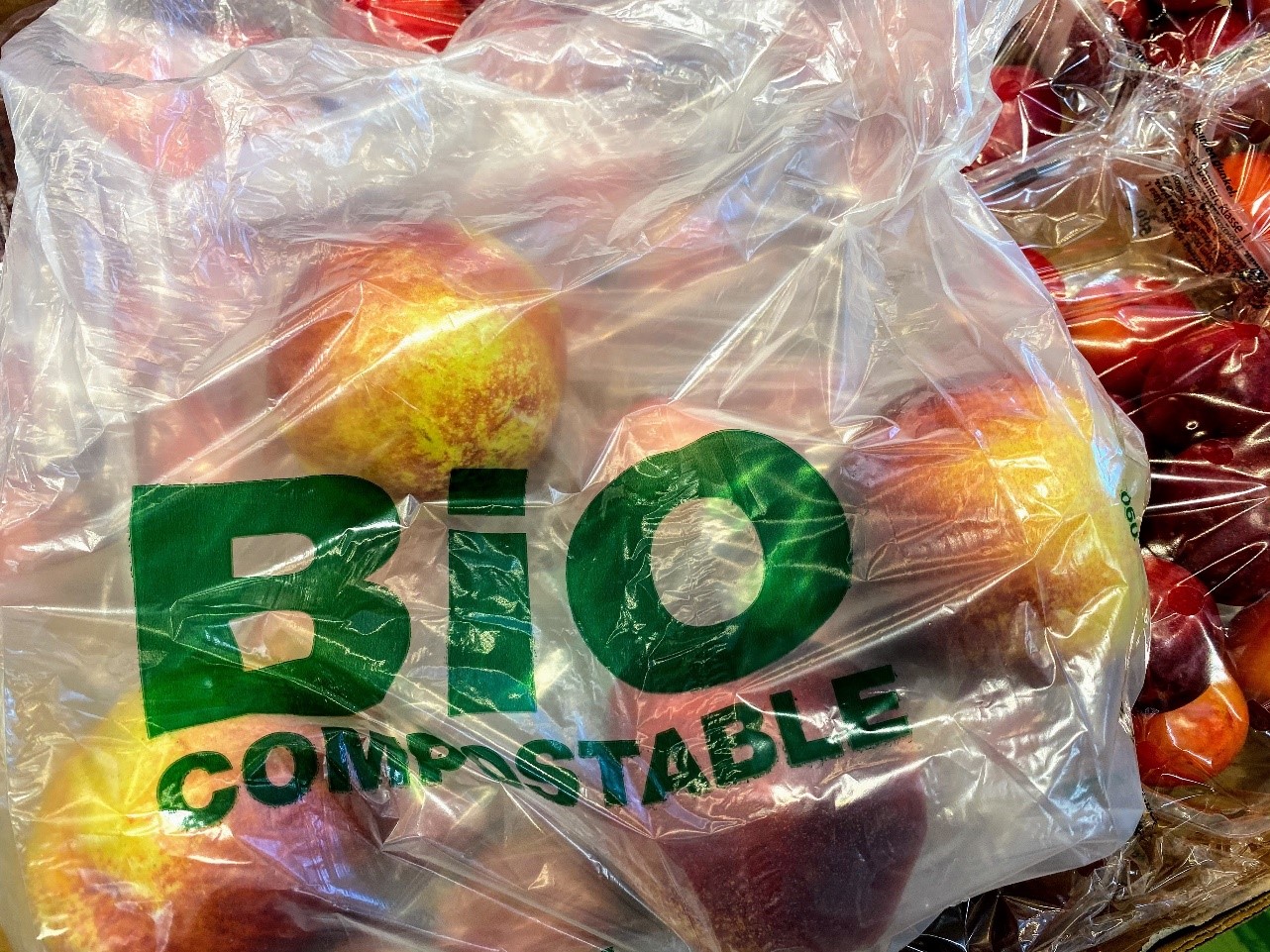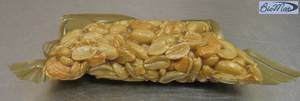Compostable plastic bags are more toxic than conventional ones
2023/10/02 Galarraga Aiestaran, Ana - Elhuyar Zientzia Iturria: Elhuyar aldizkaria

Researchers from the Spanish Higher Scientific Research Council (CSIC) have demonstrated, in an in vitro study, the high toxicity of compostable plastic bags. In addition, you've seen that this toxicity increases with photodegradation, that is, when ultraviolet rays act on them.
The work has been published in the Journal of Hazardous Materials. Three types of plastics have been compared: compostable, plastic used before and recycled plastic. In particular, they have measured their toxicity on fish cell lines in three ways: directly from bag samples; simulating aging with ultraviolet (photodegradation) rays; and least of the bags remaining after converting them into quality compost or fertilizer.
The conclusion is that the chemical additives incorporated by manufacturers to produce the biodegradable bag are particularly toxic. Recycled plastic bags are also more toxic than conventional ones.
They warn that the use of compostable bags in compost production contaminates compost, which can adversely affect the environment and life. Therefore, they consider it essential to investigate in depth the migration and ecotoxicity of substances used in bags and to establish an appropriate regulatory framework based on scientific evidence.
During the study, it was not possible to identify the specific chemical compounds incorporated in these compostable bags, as many additives are patented. In any case, all biodegradable bags have a similar degree of toxicity.

Gai honi buruzko eduki gehiago
Elhuyarrek garatutako teknologia






